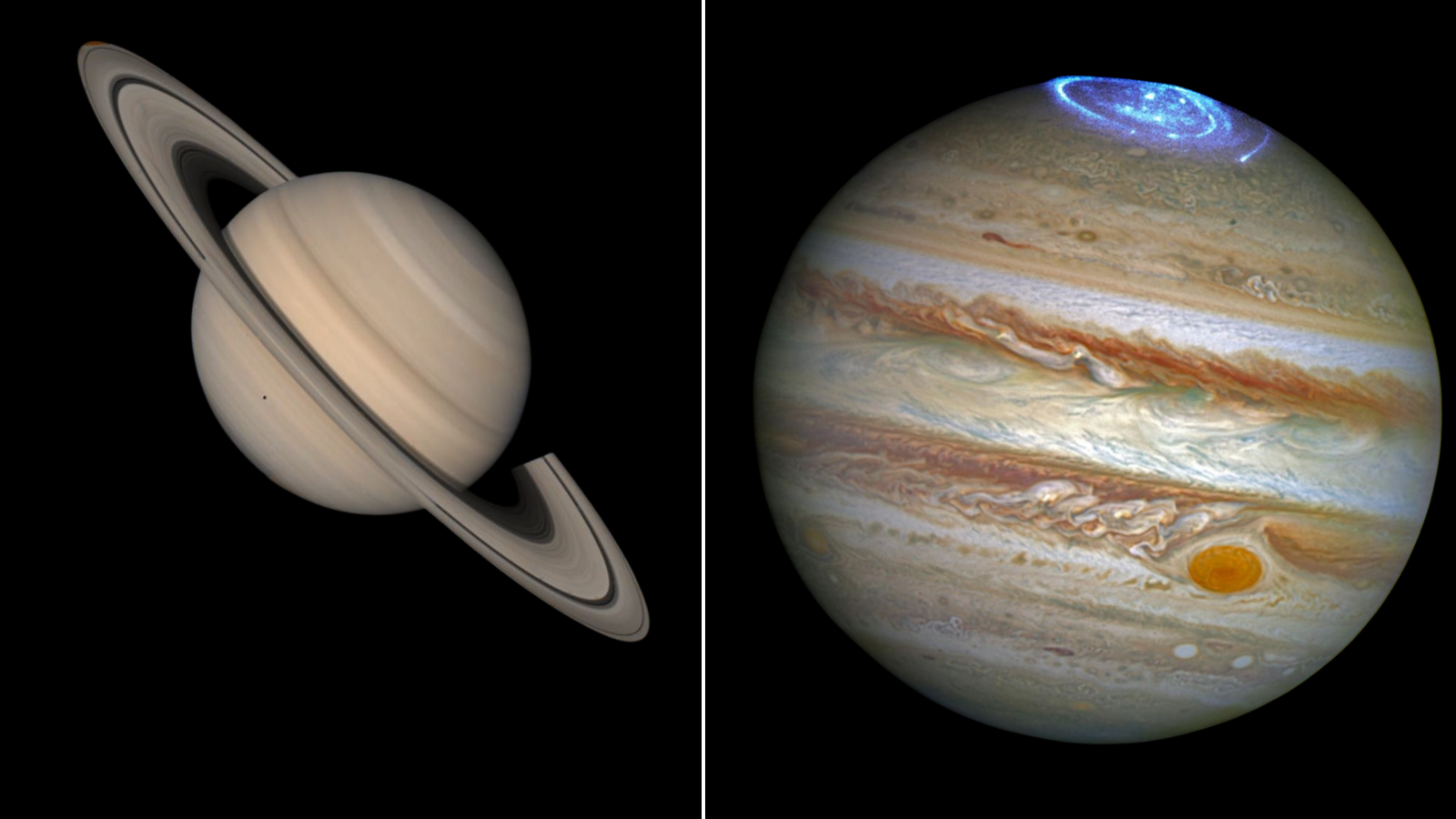How long is Earth's day? We now have the most precise answer to date
Knowing the subtle variations won't help us check off more items from our to-do list, but it may help scientists build more accurate climate models.

Clocks tell us that a day on Earth lasts for 24 hours, or 86,400 seconds. But that number is not precise and unchanging.
The exact length of a day on Earth depends on how long our planet takes to complete one rotation, and that often changes ever so slightly, thanks to dramatic events like earthquakes and volcanic eruptions, as well as more subtle shifts caused by the liquid metal in Earth's outer core sloshing around its solid inner core.
These millisecond-level perturbations are tiny and unpredictable, but measuring them is useful, scientists say.
"Fluctuations in rotation are not only important for astronomy, we also urgently need them to create accurate climate models and to better understand weather phenomena like El Niño," Ulrich Schreiber, a professor at the Technical University of Munich (TUM) in Germany, said in a statement. "And the more precise the data, the more accurate the predictions."
Related: Why is Earth's day 24 hours long (and how did the sun keep it from being longer)?
Schreiber and his colleagues just measured these very subtle changes in day length with unprecedented precision. They used a laser ring gyroscope, a 13.1-foot-wide (4 meters) square "racetrack" located in a pressurized chamber in the Geodetic Observatory Wettzell, a facility in Germany.
The device sits in the bedrock at a depth of 19.6 feet (6 m), so its laser beams are influenced by only the variations in Earth's rotation and not other environmental factors, according to the research team.
Breaking space news, the latest updates on rocket launches, skywatching events and more!
The gyroscope features two laser beams — one traveling clockwise and the other counterclockwise. If Earth were perfectly balanced, both beams would travel the same distance. But the apparatus is subject to the same wobbles that Earth is, so one of the two laser beams covers slightly less distance than the other.
By calculating this difference, Schreiber and his colleagues found that the rotation of our planet changes slightly over time, fluctuating by up to 6 milliseconds over periods lasting a few weeks or so. They reported their results in a paper published in September 2023 in the journal Nature Photonics.
In the coming months, the researchers plan to improve the laser gyroscope further, so that it provides even more precise measurements.

Sharmila Kuthunur is an independent space journalist based in Bengaluru, India. Her work has also appeared in Scientific American, Science, Astronomy and Live Science, among other publications. She holds a master's degree in journalism from Northeastern University in Boston.

